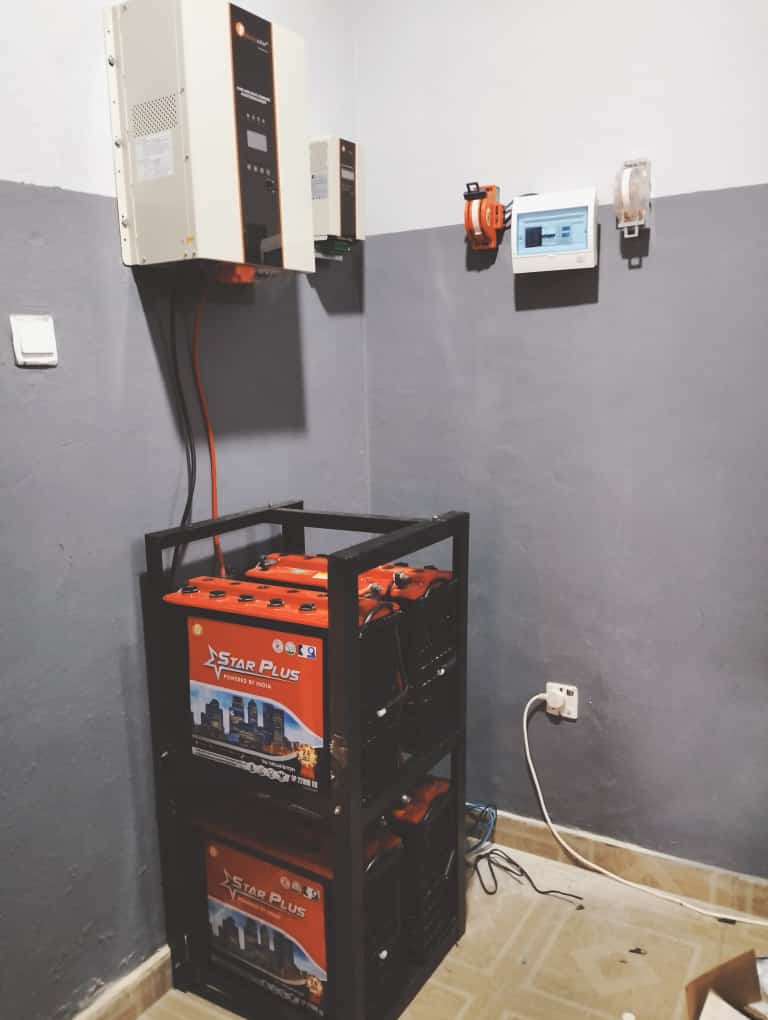
When it comes to scientific curiosity and unleashing the full potential of the atom, the possibilities are as vast as the cosmos itself. In this article, we’ll delve into a myriad of atom project ideas that not only stimulate the scientific mind but also fuel the fires of creativity. From simple experiments to ambitious undertakings, these projects cater to both novice enthusiasts and seasoned scientists, offering a glimpse into the fascinating world of atomic exploration.
1. The Atom in Everyday Life: Unveiling the Unseen
Understanding the role of atoms in everyday life is a fundamental concept. Explore the idea of creating a visual representation showcasing how atoms contribute to the composition of common materials and substances, making the invisible visible.
2. DIY Cloud Chamber: Witnessing Particle Trails
Construct a homemade cloud chamber to observe particle trails created by radioactive decay. This hands-on project not only demonstrates the presence of subatomic particles but also provides a captivating visual display of the mysterious world within.
3. Atomic Art: Painting with Elements
Unleash your inner artist by creating a unique masterpiece using elements derived from the periodic table. Each element possesses distinct colors, allowing you to craft a visually stunning representation of atomic beauty.
4. Nuclear Fusion Demonstration: Harnessing the Power of the Sun
Embark on a journey to mimic the incredible process that powers the sun – nuclear fusion. While a full-scale fusion reactor may be out of reach, a scaled-down version can illustrate the principles behind this awe-inspiring phenomenon.
5. Quantum Entanglement Simulator: Tapping into the Quantum Realm
Construct a simulator that visually explains the concept of quantum entanglement. This mind-bending project brings the principles of quantum physics to life, demonstrating the interconnectedness of particles across vast distances.
6. Atom Smashing at Home: DIY Particle Accelerator
For the ambitious DIY enthusiast, consider creating a simplified particle accelerator. While it won’t be colliding protons at the speed of light, it provides an engaging insight into the principles of particle physics.
7. Radioactive Elements in Consumer Products: Analyzing the Risks
Investigate the presence of radioactive elements in everyday consumer products. This project not only raises awareness about potential health risks but also emphasizes the importance of informed consumer choices.
8. Atom-inspired Poetry: Bridging Science and Art
Combine the worlds of science and art by crafting poetry inspired by the intricacies of atomic structures. This unconventional project encourages a creative exploration of language to convey the beauty and complexity of the atomic realm.
9. Atomic Energy Efficiency Challenge: Designing the Future
Task yourself with designing a model showcasing an innovative and efficient atomic energy system. This forward-thinking project challenges you to consider sustainable solutions for the world’s growing energy needs.
10. DIY Geiger Counter: Detecting Radiation
Build a Geiger counter from scratch to measure and detect radiation levels in your environment. This practical project not only enhances your understanding of atomic science but also empowers you with a valuable tool for real-world applications.
11. Atomic Fashion: Elements on the Runway
Merge science and style by creating a fashion line inspired by the elements of the periodic table. This project encourages a unique exploration of the aesthetic qualities of atomic elements and their potential influence on the world of design.
12. Quantum Computing Model: Simulating the Future
Delve into the world of quantum computing by constructing a simplified model. This project offers a hands-on approach to understanding the potential of quantum mechanics in revolutionizing the field of information technology.
13. Atomic Cuisine: Molecular Gastronomy
Blend science and culinary arts by experimenting with molecular gastronomy. Explore how atomic structures influence the textures and flavors of food, creating a sensory experience that tantalizes both the taste buds and the intellect.
14. The Ethics of Atomic Advancements: A Thought Experiment
Engage in a philosophical exploration of the ethical implications surrounding atomic advancements. This project challenges you to consider the societal, environmental, and moral consequences of pushing the boundaries of atomic exploration.
15. Atomic Time Capsule: Preserving the Present for the Future
Wrap up your atom project journey by creating a time capsule encapsulating your exploration of atomic concepts. Document your findings, experiences, and reflections, providing a unique perspective for future generations to uncover.
In conclusion, atom project ideas are boundless, offering a diverse range of opportunities to explore and comprehend the intricacies of the atomic world. Whether you’re a student, a hobbyist, or a seasoned scientist, these projects invite you to embark on a journey of discovery, where science and creativity converge to unlock the secrets of the universe.
FAQs: Unlocking Further Insights
- Q: Can these atom projects be suitable for science fairs?
- A: Absolutely! Many of these projects are not only educational but also captivating, making them ideal for science fair presentations.
- Q: Are these projects safe for amateurs to undertake at home?
- A: Most projects are designed with safety in mind, but it’s crucial to follow proper guidelines and take necessary precautions, especially when dealing with potentially hazardous materials.
- Q: How can these projects be adapted for different age groups?
- A: The complexity and scale of projects can be adjusted to suit various age groups, ensuring that the content remains engaging and age-appropriate.
- Q: Are there resources available for obtaining materials for these projects?
- A: Yes, many materials can be sourced from local stores or online suppliers. Additionally, some projects utilize common household items, making them accessible.
- Q: Can these projects be adapted for virtual or remote learning environments?
- A: Absolutely! Many projects can be modified for virtual learning, with resources and instructions provided online for students to follow along from home.

